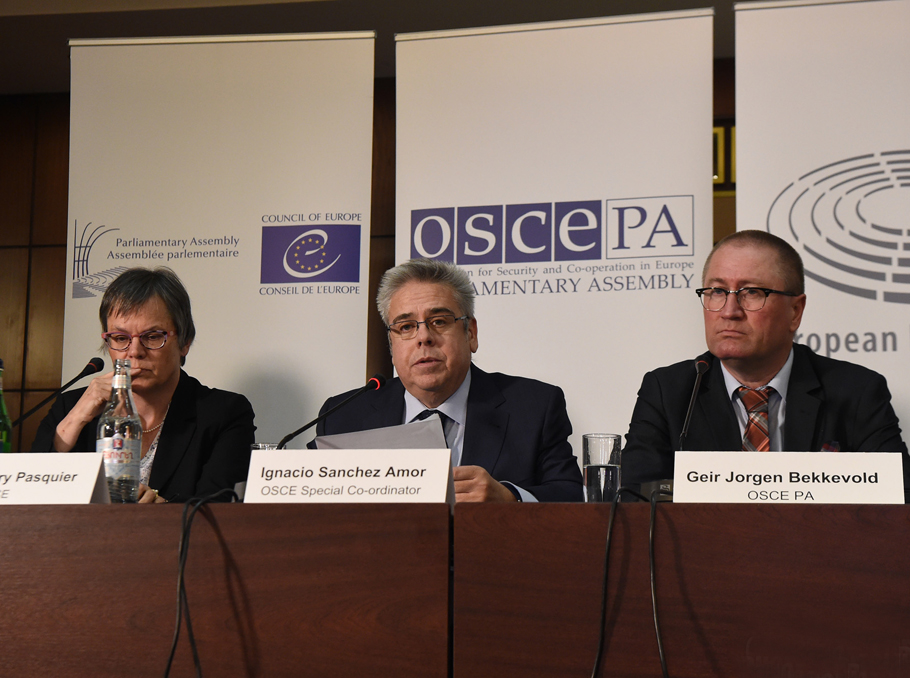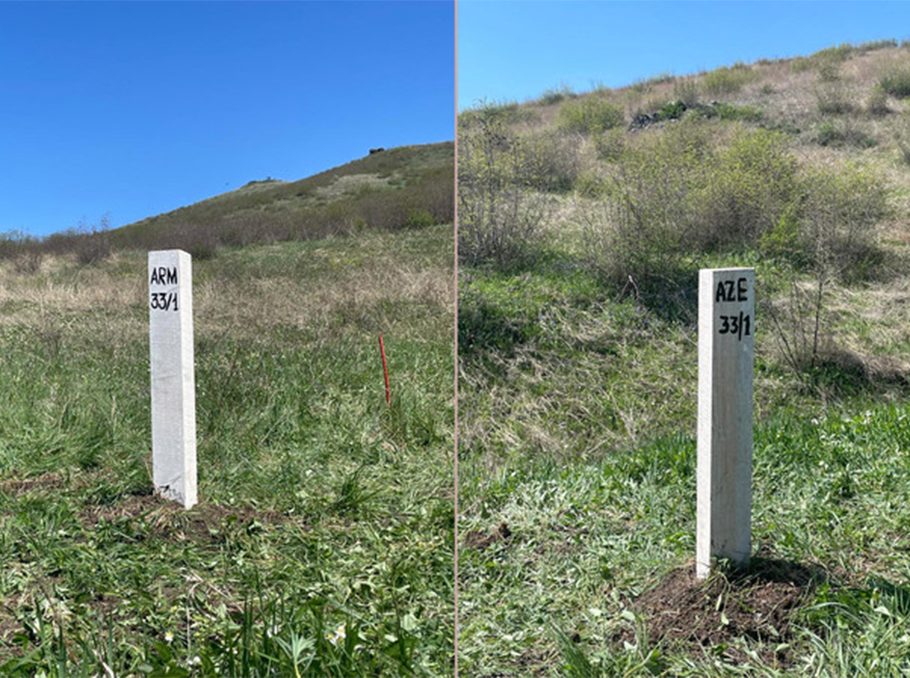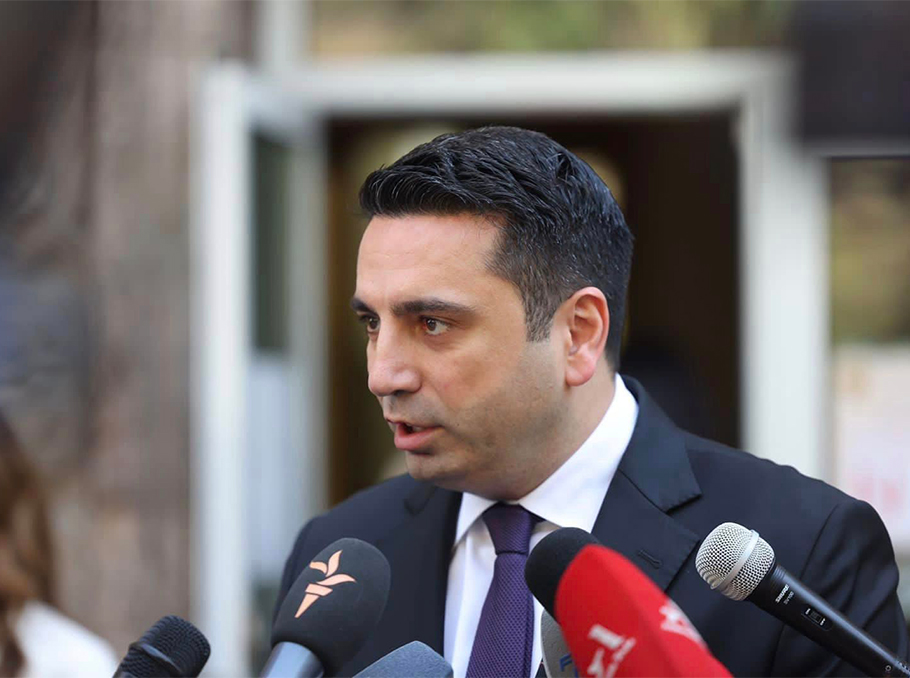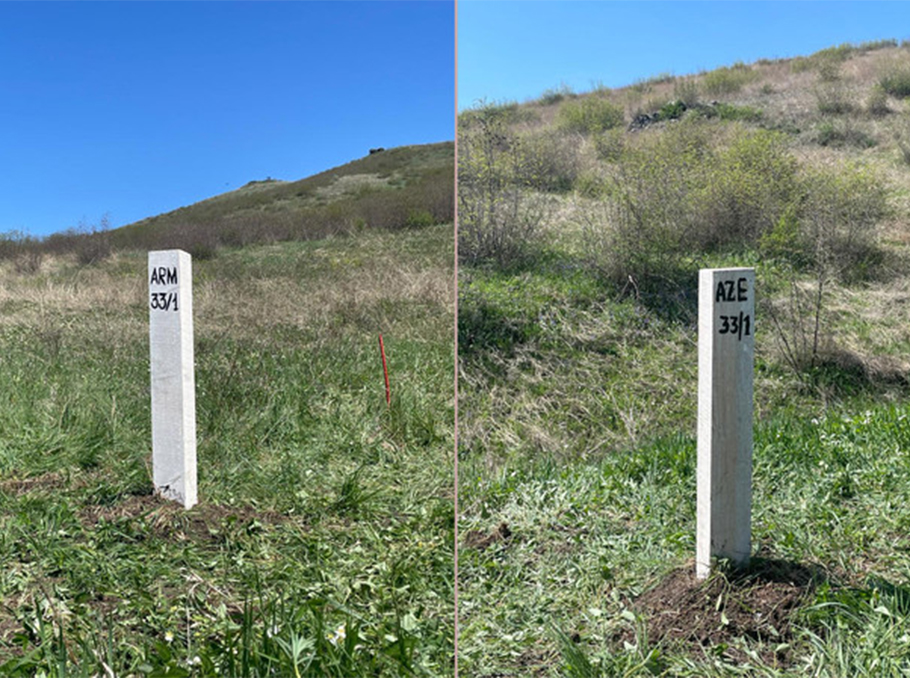Yerevan/Mediamax/. The International Observation Mission (IOM) has stated today that the "April 2 parliamentary elections in Armenia were well administered and fundamental freedoms were generally respected”.
“Despite welcomed reforms of the legal framework and the introduction of new technologies to reduce electoral irregularities, the elections were tainted by credible information about vote-buying, and pressure on civil servants and employees of private companies. This contributed to an overall lack of public confidence and trust in the elections”, the statement says.
The International Observation Mission is a common endeavour involving the OSCE Office for Democratic Institutions and Human Rights (OSCE/ODIHR), the Parliamentary Assembly of the Council of Europe (PACE) and the European Parliament (EP).
The statement was delivered by Ignacio Sanchez Amor, Special Co-ordinator and leader of the short-term OSCE observer mission, Liliane Maury-Pasquier, Head of the PACE delegation, Geir Jorgen Bekkevold, Head of the OSCE PA delegation, Heidi Hautala, Head of the EP delegation, and Ambassador Jan Petersen, Head of the OSCE/ODIHR election observation mission.
The international election observation mission comprises some 450 observers from 42 countries, including 340 long-term and short-term observers deployed by the OSCE/ODIHR, 66 parliamentarians and staff from the OSCE PA, 24 from PACE and 13 from the EP.
“Yesterday’s elections marked a first step towards establishing a new political system in Armenia, but change cannot happen overnight,” said Ignacio Sanchez Amor, Special Co-ordinator and leader of the short-term OSCE observer mission. “Reform is a never-ending process, and I encourage the parliamentary majority and the new government to continue their efforts to transform the country’s political culture, in partnership with the opposition, civil society and the international community.”
“There is little doubt that, since the last time the citizens of Armenia voted, efforts have been made, including through logistical improvements, to raise the quality of the electoral process. The authorities should be praised for working to inform the electorate of this new, quite complex, electoral legislation. It is a pity that, despite all of the legal and organizational changes, these elections did not remove long-standing doubts about the reliability and integrity of electoral processes in the country,” said Liliane Maury Pasquier, Head of the delegation from the Parliamentary Assembly of the Council of Europe. “The use of new voting technologies cannot alone restore confidence in elections – crucial in a genuine democracy – just the same as better legislation is only effective if applied in good faith.”
“The new electoral law provides for greater representation of women and minorities,” said Geir Jorgen Bekkevold, Head of the delegation from the OSCE Parliamentary Assembly. “I am glad to note that a greater number of our colleagues in the National Assembly will be women, and I encourage political parties to empower them to bring about transformative change.”
“The new electoral procedure was complex and not always understood by the voters. Nevertheless, polling station staff made strong efforts to ensure a smooth process. Regrettably, the process was undermined by credible, recurring information of vote buying, intimidation of voters notably civil servants in schools and hospitals and employees of private companies as well as abuse of administrative positions,” said Heidi Hautala, Head of the delegation from the European Parliament. “The European Parliament will work closely with the future Armenian National Assembly to support reforms and democratization, in line with our commitments as part of the deepening EU-Armenia relations.”
“The measures introduced ahead of these elections have improved the situation regarding the secrecy of the vote, which is an important step towards improving confidence in the process, but more clearly needs to be done to address long-standing practices like vote-buying and pressure on voters,” said Ambassador Jan Petersen, Head of the election observation mission from the OSCE Office for Democratic Institutions and Human Rights. “Moving forward, our mission will remain here through this week and the next, allowing us to follow post-election developments, including the finalization of results and the handling of any possible complaints and appeals.”
Mediamax finds it worth mentioning that after the 2013 presidential elections in Armenia, the IOM stated they were an improvement as compared to the elections in 2008.
While assessing the 2008 presidential elections, the International Observation Mission stated they were administered “mostly in line” with OSCE and Council of Europe commitments and standards.
Assessing the 2012 parliamentary elections in Armenia, the mission stated that the elections were peaceful, but “there were also problems of organizational character and cases of interference in the election process mainly by the representatives of the political parties”.


























Comments
Dear visitors, You can place your opinion on the material using your Facebook account. Please, be polite and follow our simple rules: you are not allowed to make off - topic comments, place advertisements, use abusive and filthy language. The editorial staff reserves the right to moderate and delete comments in case of breach of the rules.